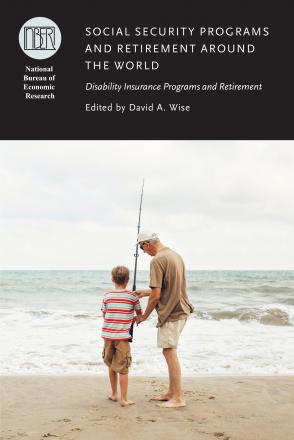Option Value of Work, Health Status, and Retirement Decisions in Japan: Evidence from the Japanese Study on Aging and Retirement (JSTAR)

This study examines the factors that affect the retirement decisions of the middle-aged and elderly in Japan, focusing especially on their earnings, public pension benefits, and health status. Using two-year panel data from the JSTAR and applying the option value (OV) model proposed by Stock and Wise (1990a, 1990b), we found that the probability of retirement has a negative and significant correlation with the OV of work, and that correlation does not depend on the health status. Our counterfactual simulation based on the OV model shows that if the probability of being enrolled in the disability program were zero, the average years of work when individuals are in their 50s and 60s would increase. However, it should be emphasized that in Japan, where being enrolled in the disability program is unlikely to make one a candidate for the retirement path, the result of this simulation does not indicate that satisfying the eligibility criteria for disability pension receipts will more stringently increase the labor supplied by the middle-aged and elderly.
-
Copy CitationSatoshi Shimizutani, Takashi Oshio, and Mayu Fujii, Social Security Programs and Retirement Around the World: Disability Insurance Programs and Retirement (University of Chicago Press, 2014), chap. 12, https://www.nber.org/books-and-chapters/social-security-programs-and-retirement-around-world-disability-insurance-programs-and-retirement/option-value-work-health-status-and-retirement-decisions-japan-evidence-japanese-study-aging-and.Download Citation


